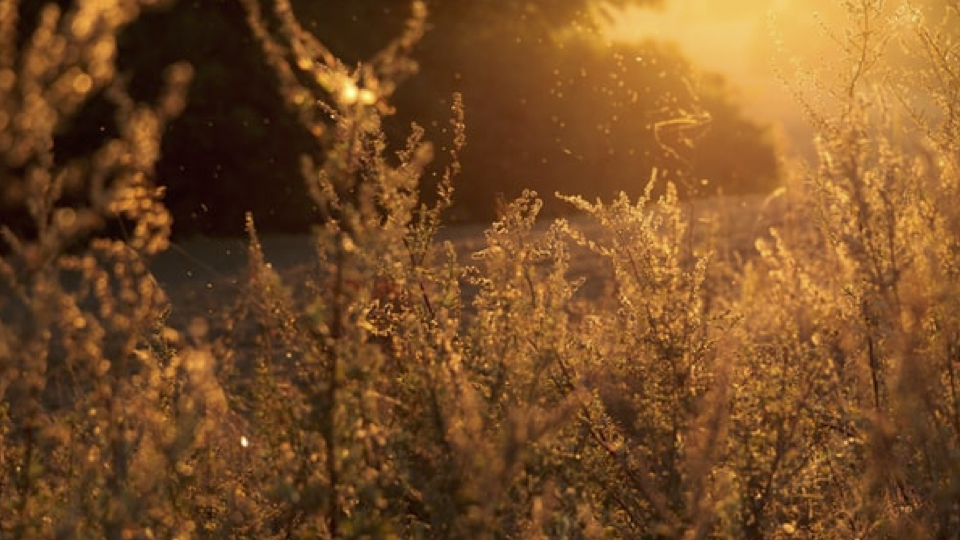Depending on your location, allergy season has been up, and it’s in full swing. One of the most frequent side effects of numerous allergy medications is… feeling drowsy.
That’s only one of ten common side effects of over-the-counter (OTC) allergy medications. This is what compelled me to share these natural antihistamines with you; allergies are bad enough, so why add unnecessary stress to our immune system?
What Are Histamines?
Before I dive into the solutions, let’s look at the culprit; histamines.
Histamines ~ A natural chemical created naturally by our immune system. Think of them as a defensive militia sent out as an immune response to protect us from any foreign invaders; dust, pollen, poison ivy, ragweed, etc.
Histamine has one duty: to remove any allergens on command. Unfortunately, sneezing, runny noses, watery eyes, and coughing are the only ways our bodies will evacuate the culprits.
It may be a natural built-in safety feature. Still, it overreacts, causing inflammation, irritation, rashes, headaches, or welts for some of us.
Antihistamines ~ Antihistamines work by reducing or blocking histamines. The result is reduced or eliminated allergy symptoms.
Seasonal Allergies vs. Perennial Allergies
While some only battle seasonal allergies, others struggle with year-round ones.
Those that deal with seasonal allergies have symptoms popping up around the same time every year. Someone with pollen allergies typically starts feeling allergy symptoms between January and April; this is because that’s when the trees begin pollinating. The pollen allergies fade away by late spring or early summer because the trees have completed their pollination cycle for the season.
Perennial allergies produce symptoms that can be chronic and continue year-round. In some situations, they might intermittently show up throughout the year. In that case, the substance you’re allergic to substances that are always found in the air: dust mites, mold, animal dander.
4 Natural Antihistimines
Below you’ll find four plants/herbs to help reduce and calm your overreacting histamines. You can add these ingredients to your meals or make tea blends based on your flavor preferences. Not into digging that hole? Supplements are always an option too!
Chamomile (Matricaria chamomilla * Matricaria recutita L.): If you have a ragweed or daisy allergy, please skip this option as it is in the same family. According to Science Direct, chamomile helps regulate histamine release. It also activates the T-helper cell type-2.
Dried chamomile flowers can be used to make a poultice for external irritation caused by an allergic reaction. Or, make a tea using the dried flowers; drink one cup every morning, afternoon, and night.
Stinging Nettle (Urtica dioica): The spiky hairs of the stinging nettle plant can cause hives (injecting histamine). However, when the leaves are cooked, the hairs lose their histamine properties allowing the plant to calm its invoked havoc. “Like Cures Like” is a homeopathic theory.
Cook the greens or brew some tea. Ragweed allergy warning: If you have a ragweed allergy skip this option.
Papaya: This delicious fruit prevents the secretion or release of the histamine our body makes. Drink papaya juice or eat some fresh fruit to help combat allergic reactions. Skin irritation, including hives, can be eased using a poultice of papaya directly on the area.
Ginger ( Zingiber officinale ): Ginger root tea is an excellent go-to to alleviate allergy symptoms, particularly those that trigger welts and hives. The plant’s anti-inflammatory effects can help reduce inflammation, which is beneficial for almost all allergies.
Not everyone with ragweed allergies will have a reaction to chamomile or stinging nettle. However, if you want to try it for any reason, consult a medical professional first.
Don’t let allergy season or perennial allergies get you down. A few bonus antihistamines that I trust include Holy Basil, Vitamin C extract, Butterbur, and Bromelain. Again, check with your doctor first, but they may provide a non-sleepy alternative to the OTC stuff.
-Elaina Garcia
Photo by Lukasz Szmigiel on Unsplash



0 comments on “Natural Antihistamines to Get You Through Allergy Season”